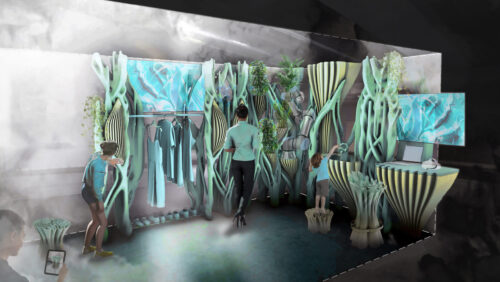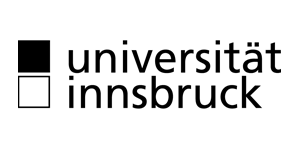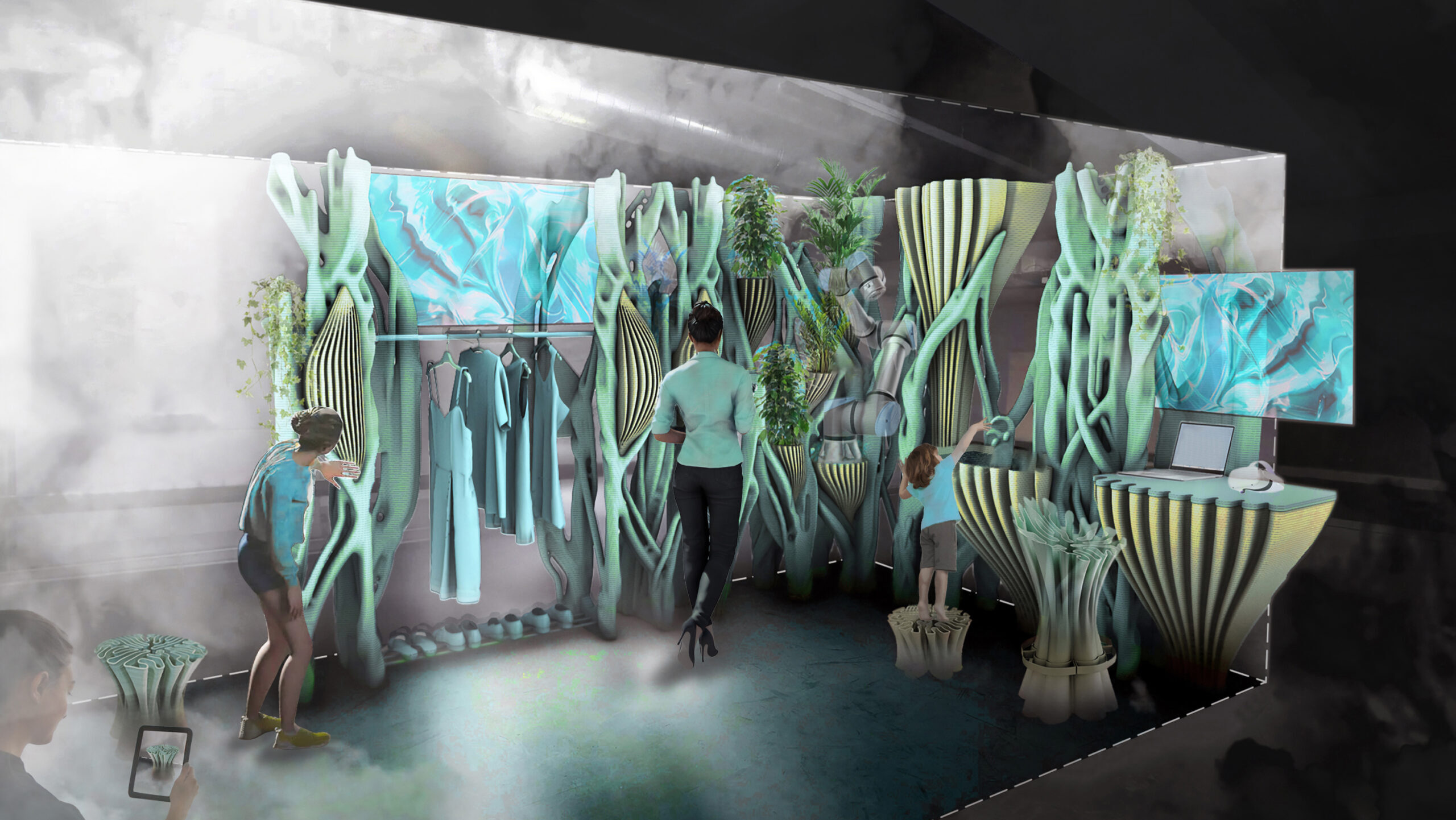An example of 21st-century Postplasticism, the exhibition HOPE: Hybrid, Organic, Postplastic Environments showcases an experimental, sustainable and ecological approach to designing and manufacturing bespoke modular micro-living-working environments. Flexible, multifunctional furniture and storage solutions with integrated smart technologies are folded, stacked or nested in a 3D-printed domestic landscape that needs to fit inside the bounding box of a shipping container.
A holistic, ethical, and sustainable approach to home design and living environments
Departing from the rigid geometries of Neoplasticism—an austere, geometrical, abstract style labelled by Mondrian one century ago, which focused on strict, geometric forms and primary colors—Postplasticism embraces an organic and expressive style, characterized by intricate decorations, flowing forms and a rich, varied, and sustainable material palette. It provides hope for architecture by avoiding single-use plastic, upgrading recycled polymers, bioplastics, industrial byproducts and using biophilic materials through 1:1 3D additive manufacturing processes.
HOPE: Hybrid, Organic, Postplastic Environments showcases an experimental, sustainable, and ecological approach to designing and manufacturing bespoke modular micro-living-working environments. Flexible, multi-functional furniture and storage solutions with integrated smart technologies are folded, stacked, or nested in a 3D-printed landscape that fits inside the bounding box of a shipping container.
The exhibiton was designed and fabricated by REX|LAB, a collective of researchers committed to advancing sustainable, innovative, robotic additive manufacturing. Each project attempts to push the boundaries of architectural design and fabrication through the integration of advanced robotics and cutting-edge material technologies. This approach allows for the realisation of intricate geometries and bespoke designs while affording opportunities for the incorporation of multi-material gradients and inherent color properties.
-

HOPE: Hybrid, Organic, Postplastic Environments
A holistic, ethical, and sustainable approach to home design and living environment An example of 21st-century Postplasticism, the exhibition HOPE: Hybrid, Organic, Postplastic Environments showcases an experimental, sustainable, and ecological approach to designing and manufacturing bespoke modular micro-living-working environments. Flexible, multi-functional furniture and storage solutions with integrated smart technologies are folded, stacked, or nested in…

Robotic Experimentation Lab (REX|LAB) at the University of Innsbruck, Department of Experimental Architecture (Exp.Arch.), Hochbau, Studio Colletti
REX|LAB is the Robotic Experimentation Lab at the Department of Experimental Architecture (ExpArch) at Universität Innsbruck, founded and directed by Professor Marjan Colletti in October 2012 as a space for formal and material 1:1 scale experimentation and fabrication strategies. The lab’s work is characterized by a commitment to experimentation and new technologies, as well as developing novel sustainable and ecological practices and cyclical economic models.
Credits
REX|LAB at ExpArch Innsbruck is a collective of researchers committed to advancing sustainable, innovative, robotic additive manufacturing.
Current team members: Marjan Colletti (IT/AT/GB), Kilian Bauer (DE/AT), Catalina Tripolt (AT), Daria Smakhtina (RU/AT), Peter Massin (DE/AT), Andreas Körner (AT/ GB), Georg Grasser (AT), Simon Hildebrand (DE/AT), Theresa Biesalski (DE/AT), Amy Ehinger (DE/AT), Christopher Walch (AT), Anna D’Eredità (IT/AT)



